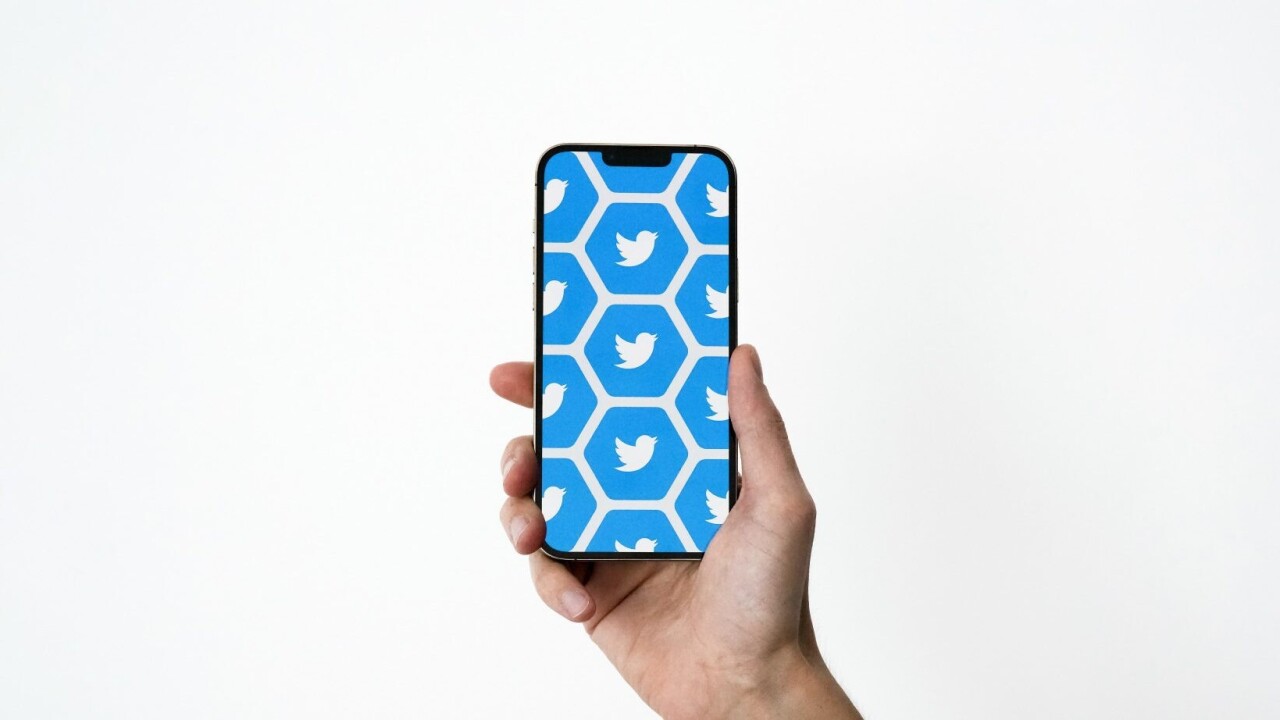After years of a tumultuous relationship with developers, Twitter’s now trying hard to win them over again.
In its latest step, the company wants to promote third-party apps on its platform. The firm’s using Twitter Toolbox, a web page it launched in February, to highlight apps to a select number of users.
As reported by TechCrunch, the experiment is starting off by suggesting safety-related apps to users, such as tools to filter out vile comments.
Amir Shevat, Twitter’s head of Product for its developer platform, told the publication that the company wants to contextualize app suggestions for users based on their actions:
[Developers] want users and we want to provide them with the right users at the right time — giving value both to Twitter users, who are at the moment needing those developer innovations, and giving distribution to those developers.
As you can see in the picture below, when a user blocks someone, Twitter might suggest apps such as Block Party, Bodyguard, and Moderate that help you tune your bird site experience by filtering out unwanted content — going beyond what the platform can do on its own.

In 2020, it relaunched its API to third-party app building. And last year, it made it available to a wider set of developers with an easy sign-up process. This app highlight feature is an extension of Twitter’s increasing efforts to support developers.
Notably, Bodyguard’s founder and CEO, Charles Cohen, told TechCrunch the app has already benefited from Twitter’s new experiment:
“We currently estimate that 25% of users installing Bodyguard come from the Twitter Toolbox website, and we expect that figure to rise to 50% within the next few days.”
Increasing transparency
In the last few weeks, Elon Musk’s potential bid to take over Twitter has dominated the news.
A former Twitter employee, Evan Henshaw-Plath, posted a thread about how another hostile bid affected developers back in 2015.
Bill Gross of IdeaLabs allegedly tried to take over Twitter by aggressively buying third-party clients. As a defense mechanism, the company restricted API access to 100k registered users. If you wanted more, you could apply for special permission, but that was rarely approved.
https://twitter.com/rabble/status/1514793459147677696?s=20&t=bHynVTslKmPKrKwnv7jShg
However, at that time, the social network wasn’t transparent about the issue. So both users and developers that provided unique features with their apps were left disappointed and confused.
With this new program, Twitter’s trying to bring more transparency, and allowing users to experience more features on the platform outside of the native app.
The future of Twitter app discovery
Shevat told TechCrunch that Twitter’s open to experimenting with models like an app store to increase discovery. But he cautiously said that the world’s full of old marketplaces that no one’s visiting:
I need to make sure that users find value — maybe I can just surface it in the product instead of a separate marketplace. Maybe I can create a section within the product that surfaces developer innovation.
As a platform, Twitter still has a ton of problems ranging from hate speech moderation to crypto spam bots. While it can’t solve all these issues right away, it can rely on clever developers to make some apps to help out.
Get the TNW newsletter
Get the most important tech news in your inbox each week.






